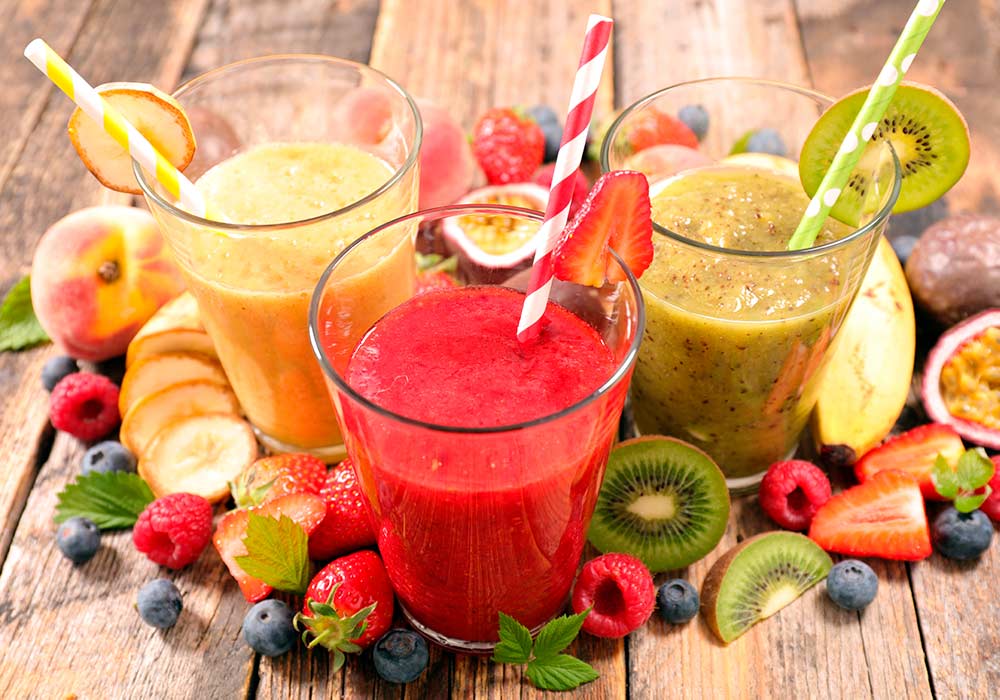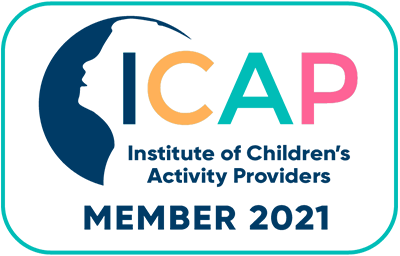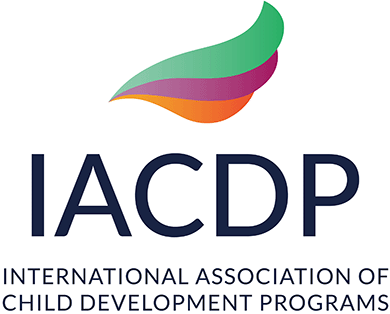In this post: the essential elements of a balanced diet; what to eat before, during and after a PWA class; and our Top 5 Nutrition for Performing Arts Students Must-Haves
Nutrition & Wellbeing is a central core value of Peploe-Williams Academy (PWA), and our goal is to encourage students, parents, and the wider community to eat a healthy balanced diet and take regular exercise, to benefit their overall wellbeing.
A healthy diet is vital for a healthy body. It improves heart health, reduces the risk of Diabetes Mellitus, high blood pressure and certain cancers, and gives us the physical ingredients we need for a positive mood.
In young people, it is essential that the right elements of a balanced diet are present every day, so that the body and brain can develop the way they should. This is even more important when you are also training the body to exert itself in physically demanding ways, such as the performing arts, athletics and gymnastic activities – so it’s vital that we at PWA are able to provide guidance on nutrition for performing arts students, and the best ways to nourish their talents, physically as well as mentally.
How to balance your diet
An overall balanced diet is key, and this starts with eating nutritionally balanced meals. In every meal, it is important that you include a portion of protein, complex carbohydrates, and plenty of vegetables. Try to aim for one quarter protein, one quarter carbs, and the remaining half vegetables.
| Nutrient | Why it’s important | Foods |
| Protein (which includes amino acids) | Protein is essential for growth and repair of the body, and maintenance of good health. Proteins are made of essential and non-essential amino acid. Some foods contain the full range of essential amino acids our body needs. Tryptophan is one such essential amino acid, which is the building block for serotonin production – a brain chemical that promotes a feeling of wellbeing. Essential amino acids cannot be made by the body, and therefore must be obtained through proteins. | Meat, fish, dairy and nuts |
| Complex carbohydrates | These give us a slow steady release of energy and encourage the same release of serotonin, giving a long-lasting positive effect on our energy and mood. It is also very beneficial to choose “whole grain” versions of carbohydrate sources, as the additional fibre promotes the growth of good bugs in our gut. This further helps us with nurturing our immune system. A healthy body is a productive body! Choosing what we put into our bodies has a big influence over how we think, act and feel in our day to day lives. | Potatoes, pasta, rice, bread |
| Vitamin D | Getting enough vitamin D can be a challenge in the UK because we don’t get enough sunlight, and if your Vitamin D levels are low, you’re more likely to experience low mood. | Sunlight, fish, cheese, mushrooms, and oily fish like salmon and mackerel. Dietary supplements can be taken during the autumn and winter months when our sunlight exposure is reduced. The Department of Health advise a daily supplement dose of 10 micrograms. |
| Vitamins B6, B12 & Omega 3 Fatty Acids | These nutrients influence serotonin which as previously mentioned is instrumental in mood regulation. They also help in keeping the nerves healthy, and have an anti-inflammatory role. | Oily fish, dietary supplements |
Our PWA rainbow tip:
Health experts encourage having naturally colourful foods, so think about how to include a rainbow of colours in your diet every day:
Red: tomatoes, cherries, and apples
Orange: carrots and peppers
Yellow: grapefruit, mangoes and eggs
Green: iron-rich vegetables such as broccoli and spinach
Blue: lots of water
Indigo: blueberries
Violet: grapes
Colourful veggies and fruits have nutrients that nourish skin, hair and nails, as well as the gut, and contain all sorts of beneficial nutrients that are also known to help in cancer prevention.
Diet and Mental Wellbeing
We are all aware of the benefits of good nutrition and physical health, but what about taking care of the mind? Do those extra chocolate bars and lack of vegetables in your diet have an influence on your mood? The simple answer is yes, they can have a massive impact on your mental health.
Along with exercise, quality sleep and stress management, getting the right balance of nutrients in the diet can go a long way towards balancing your mood and anxiety levels. Your brain is always “on”- even when you are asleep. Although the brain accounts for only 2 percent of the weight of the body, it uses up 20 percent of the energy that is derived from the food we eat – far more than any other organ. This means that your brain requires a constant supply of fuel. That fuel comes from the foods you eat, and what is contained within that fuel makes all the difference.
Recent evidence suggests that good nutrition is essential for our mental health, and that several mental health conditions may be influenced by dietary factors. As well as its impact on short and long-term mental health, much of the research indicates that food plays an important contributing role in the development, management and prevention of specific mental health problems such as depression, schizophrenia, attention deficit hyperactivity disorder, and Alzheimer’s disease.
Nutrition for Performing Arts Students
Many of our students spend all day at school before heading over to PWA for an evening of dancing. Eating the wrong food during the day will make your energy levels slump by mid-afternoon, before you’ve even started dancing. Eating properly all day, especially on your dance days, will keep your energy levels consistently high, and mean your body will recover properly after you’ve danced.
Here are a few things you can do before, during and after a class at PWA – whether it’s dance, singing or drama – to make sure you’re giving your body the right nutrition to meet the demands you will place on it, allowing you to perform at your best.
Before a Class
About an hour before you dance, have a small healthy snack which is high in fibre, protein, and complex carbohydrates – this will boost your energy without being too heavy. Some examples are:
- A piece of fruit
- Whole grain crackers and cheese
- Nuts like almonds, cashews, or pecans (provided you’re not allergic)
- Hummus and vegetables
- Natural energy bars or homemade granola bars (watch out for the high sugar content in shop-bought ones)
Sugary high-fat snacks may be easy to grab and give you fast energy shot, but that will wear off fast and make you feel sluggish during your dancing – so it’s best to avoid chocolates, sweets, biscuits, crisps and chips.
During your Class
Just as good nutrition for performing arts students is vital, so is good hydration – it is an absolutely essential part of a healthy diet, especially during physical activity. Make sure you bring plenty of water with you every time you dance. Our teachers make sure there are plenty of opportunities to hydrate during your lessons.
After a Class
After an evening of strenuous dance, your muscles need plenty of protein to repair their fibres and prevent soreness. Meat or fish with vegetables are ideal. If pizza is on the dinner menu, go for a thin crust with vegetable toppings. The occasional pudding is fine, especially those high in calcium such as fruit yoghurt, or a small serving of ice cream every so often –it’s good for your bones, teeth and hair.
Diet as we grow older
As well as being merely “nutritious” – providing all the essential nutrients, such as proteins, minerals and vitamins – a good diet offers even more advantages, including the prevention of chronic diseases. As we grow older, illnesses and physical instability can become a block to enjoying life to the full. Drugs and medicines– known as non-nutritive components, such as phytochemicals – are taken to cure or reduce the symptoms of diseases, but a healthy diet acts to help prevent us from becoming ill in the first place – meaning we are more likely to become old without feeling old. Diet is important for the treatment of illness, but a cared-for, properly-nourished body is less likely to succumb to illness in the first place.
Our Top 5 Healthy Must-Haves:
1. Avoid junk foods that create further cravings and make you feel bloated (crisps, fizzy drinks, and sugary snacks)
2. Balance your diet with wholegrain carbs, proteins, vitamins and minerals from colourful veggies and fruits
3. Stay properly hydrated all day with lots of water, especially when exercising
4. Get plenty of good-quality sleep at night
5. Keep a positive attitude – feel good about yourself, and help others to do the same
We at PWA care deeply about how you feel as pupils and aim to promote positive health strategies, because a healthy mind and body are key to performance and our overall wellbeing.
Treat your body well by giving it all the nutrients it needs, in a healthy, balanced diet, and it will serve you well – however you want it to perform.







